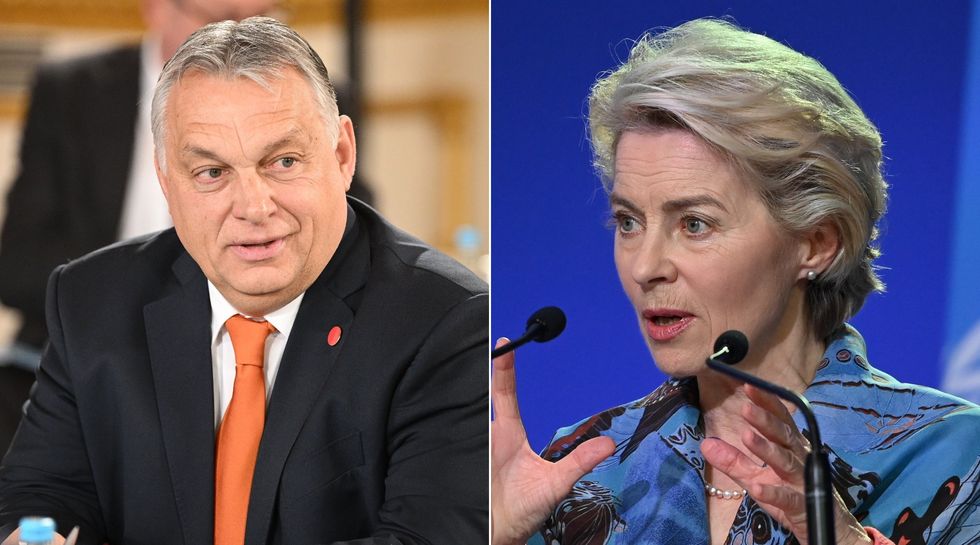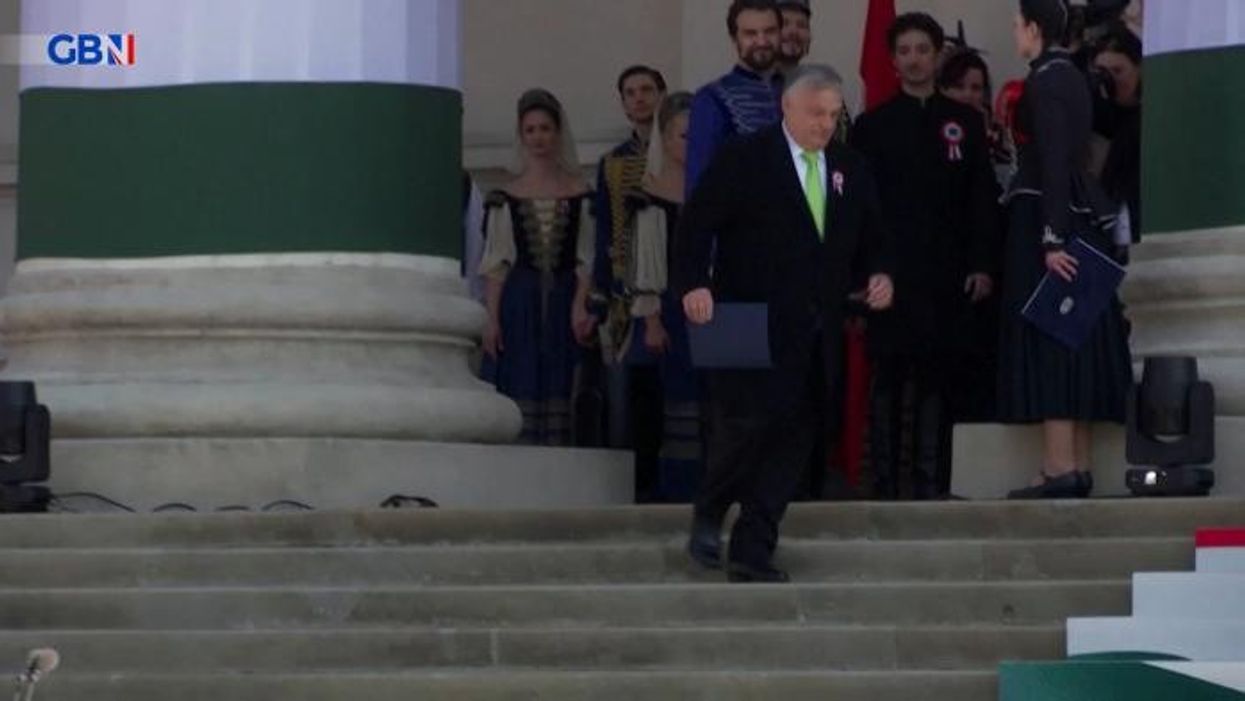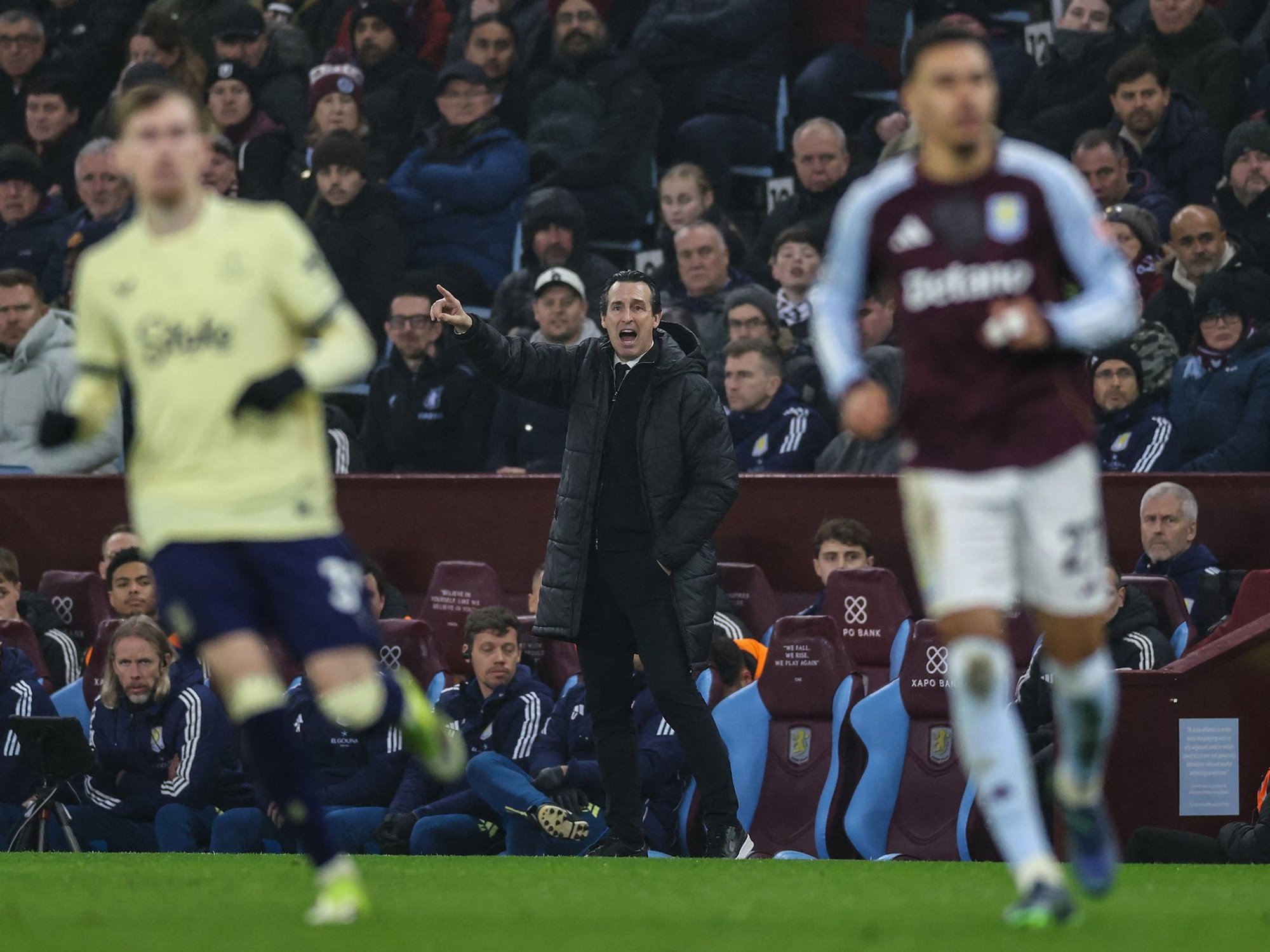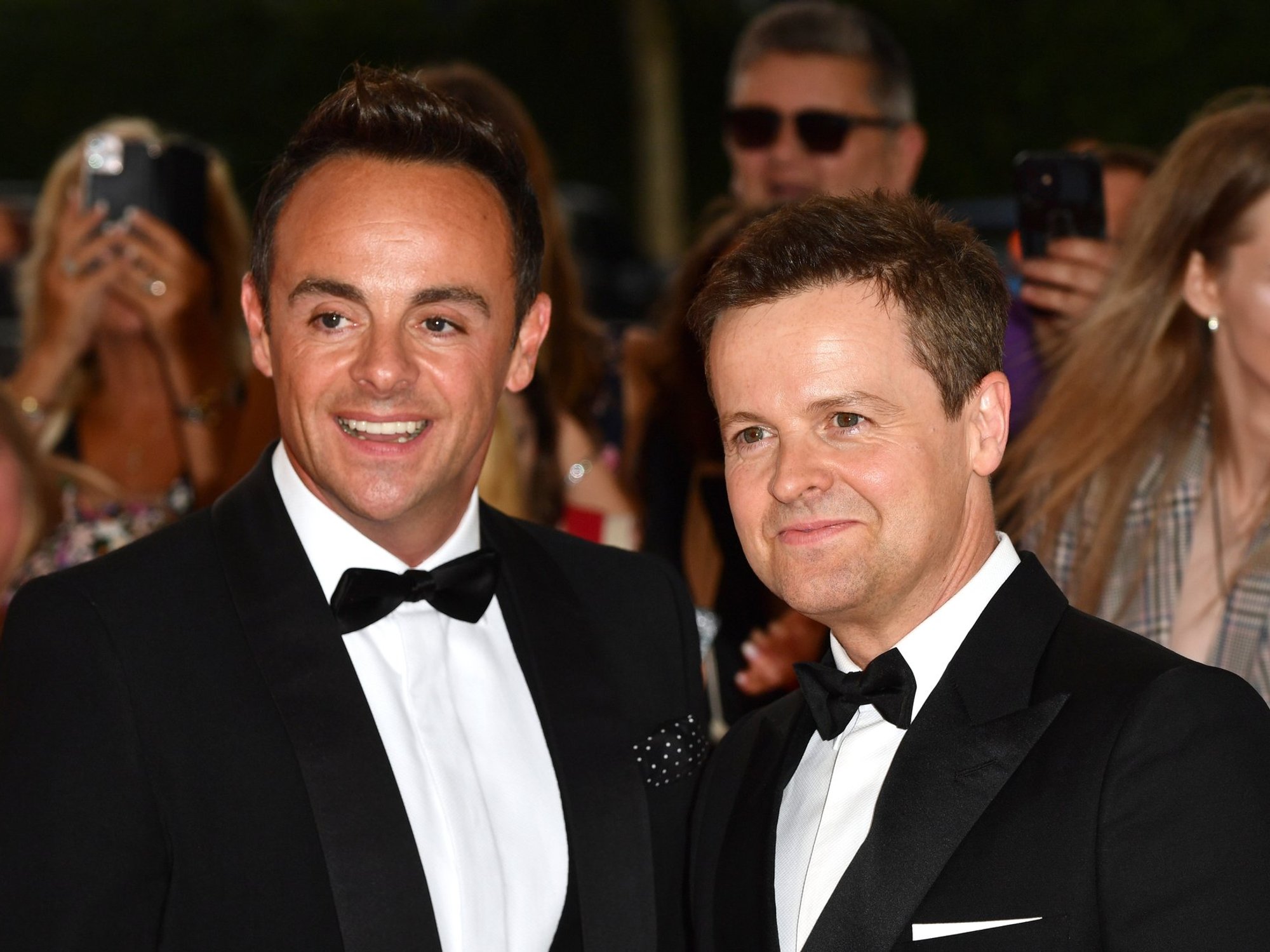Viktor Orban has undermined VDL once again... here's why - analysis by Millie Cooke

Hungary's latest friendship will be a particularly bitter pill for the EU Commission President to swallow
Don't Miss
Most Read
In recent years, Viktor Orban has been a constant thorn in Ursula Von der Leyen's side.
His administration has taken issue with EU bureaucracy, its immigration and social policies, as well as finding itself in a row with the bloc over what the EU said was a failure on Hungary's part to comply with the rule of law.
But things seem only to be getting worse as Orban eyes a new alliance.
Working alone, the Hungarian PM has caused enough trouble for Von der Leyen.

He has delayed agreement on funding for Ukraine, delayed talks on Ukraine's EU membership, had Von der Leyen accused of giving in to blackmail by her own MEPs and forced her to threaten Hungary with the use of article 7, the "nuclear" option which would suspend its voting rights.
But this week, the Hungarian PM has put time and energy into cosying up to China - a friendship which Xi Jinping said is "as mellow and rich as Tokaji wine."
Speaking at the end of a European tour, he added: "We see each other as a priority partner of cooperation.
"We have gone through hardships together and defied power politics together amid volatile international situations."
But the partnership isn't just rhetoric.
Their political alignment has culminated in China handing over large sums of cash, investing primarily in electric vehicles and batteries.
The two leaders are gearing up to unveil plans for a new Chinese electric vehicle (EV) factory in Hungary.
This is the second Chinese EV factory in Hungary, with Chinese EV giant BYD having already opened a factory in the south of Hungary that is expected to produce as many as 200,000 cars per year.
This will be a particularly bitter pill for Von der Leyen to swallow, given Beijing's previously turbulent dynamic with the EU particularly in this field of production.
Last year, the EU Commission President announced an anti-subsidy investigation into electric vehicles coming from China.
Von der Leyen accused China of "flooding" global markets with cheap Chinese EVs, claiming prices are "kept low by huge Chinese subsidies".
She added: "We do not accept this from the outside. So I can announce today that the Commission is launching an anti-subsidy investigation into electric vehicles coming from China."
No doubt that Hungary's very public display of affection with Beijing, just nine months after Von der Leyen's significant intervention on the issue, will have ruffled some serious feathers in the EU.











